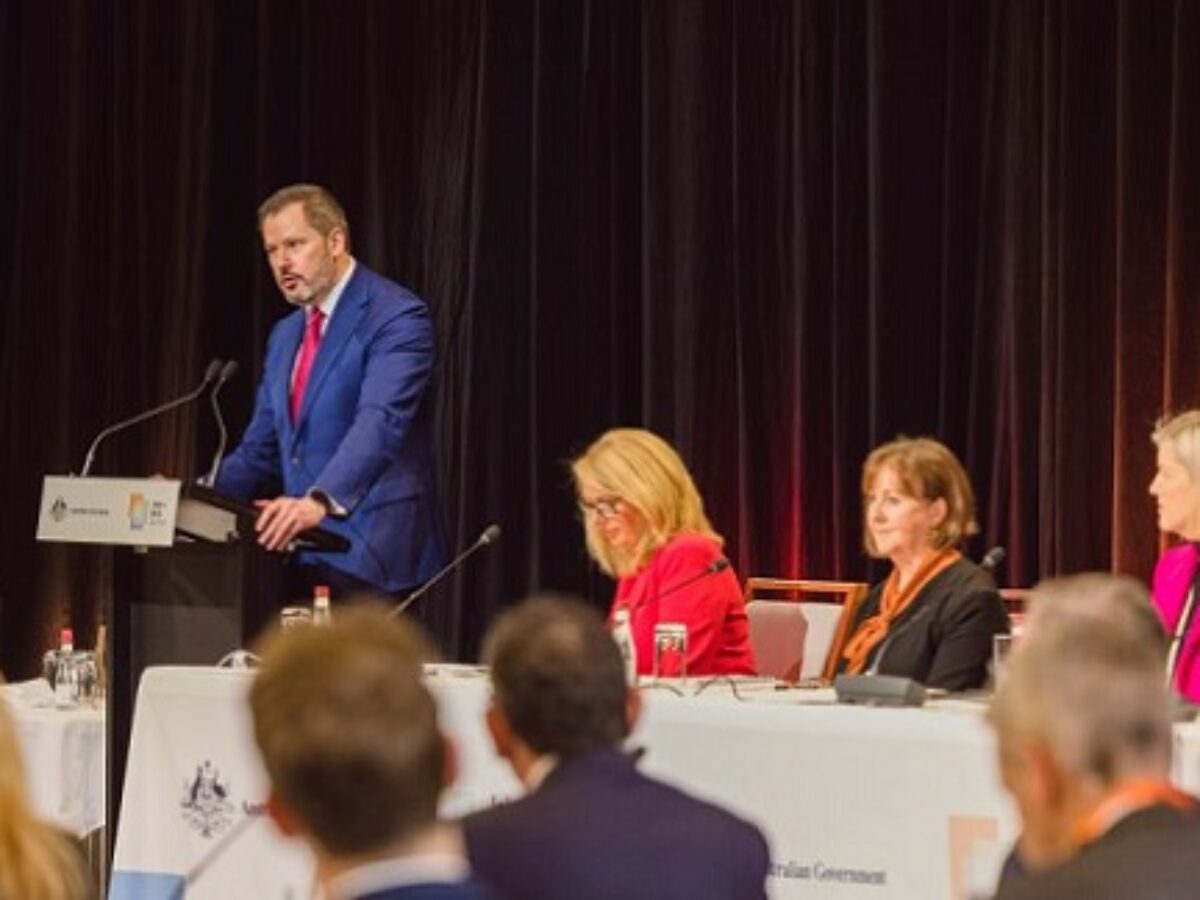Jobs Summit ends with progress and consensus

The federal government's Jobs and Skills Summit broke up on Friday with numerous decisions reached amid rarely seen consensus between politicians, business and community leaders and unions.
While day one saw the government announce 180,000 new fee-free TAFE training places, day two saw another universally welcomed announcement.
Home Affairs Minister Clare O’Neil announced the permanent migration cap will increase from 160,000 to 195,000 for this financial year with a focus on healthcare, infrastructure and the technology sector.
Manufacturers like all business sectors is experiencing labour shortages with the Covid pandemic exposing Australia's over-reliance on temporary migration and the barriers placed in the way of permanent migration over the past 10 years.
Not the least of these is the backlog of visa processing which stood at one million applicants when Labor came to power – a backlog since reduced by 100,000. The summit supported $36 million to resolve the processing backlog.
The summit reached consensus on a wide range of immediate measures and areas for further work with an agreed aim of achieving full employment and growing productivity.
Australia's productivity performance in the past two decades has been woeful after strong growth during the 1990s – perhaps not coincidentally a decade that followed Bob Hawke wages summit which brought a similar diverse group to Canberra in 1983.
Economic growth per person over the past decade has slipped to its slowest rate in 60 years, both in terms of GDP per capita and income per person.
Central to the solutions decided on Thursday and Friday was embedding women’s economic participation and equality as a key economic imperative.
Other decisions include:
- A $1 billion one-year National Skills Agreement that will provide additional funding for fee-free TAFE in 2023
- Legislating to establish Jobs and Skills Australia as a priority based on tripartite governance
- Up to $575 million available to invest in social and affordable housing through the National Housing Infrastructure Facility
- Provision of a temporary upfront $4,000 income bank credit to pensioners to allow them to work and earn more before their pension is reduced
- Require businesses with 100 employees or more to publicly report their gender pay gap
- Implement a Digital and Tech Skills Compact, with business and unions, to deliver ‘Digital Apprenticeships’
- And updating the Fair Work Act to create a simple, flexible and fair new framework that ensures all workers and businesses can negotiate in good faith for agreements that benefit them.
Only the various proposals around wage bargaining produced any major discord at the summit, with pushback from industry groups.
However BCA head Jennifer Westacott emerged from the summit to say: “What we lifted yesterday was the taboo on whatever topics people wanted to talk about.”
AIGroup CEO Innes Willox told Channel 9 newspapers: “I wasn’t sceptical, but it’s exceeded my expectations. It’s at least laying the groundwork for future conversation on the big issues – there’s a helluva lot of work going on. I think there’s a clear agenda now that the government can work towards on workplace relations, skilling, equity, employment disadvantage.”
The summit is undoubtedly a political triumph for the Albanese government – opposition leader Peter Dutton who harshly criticised the summit he had refused to attend, is a very lonely figure indeed.
But its main positive is that Australia is facing up to some unpleasant economic realities, with the summit bringing people together to jointly work on solutions.
More reading:
INDUSTRY POLICY – THE POLICY THAT DARE NOT SPEAK ITS NAME AT JOBS SUMMIT
AN ECONOMIC SUMMIT WITH PURPOSE – BY ROY GREEN
WE NEED MORE THAN MADE IN AUSTRALIA – BY DR JENS GOENNEMANN
ALBANESE ANNOUNCES 180,000 FEE-FREE TAFE PLACES
Picture: Picture: Treasury
@aumanufacturing Sections
Analysis and Commentary Awards casino reviews Defence Gambling Manufacturing News Online Casino Podcast Technology Videos

